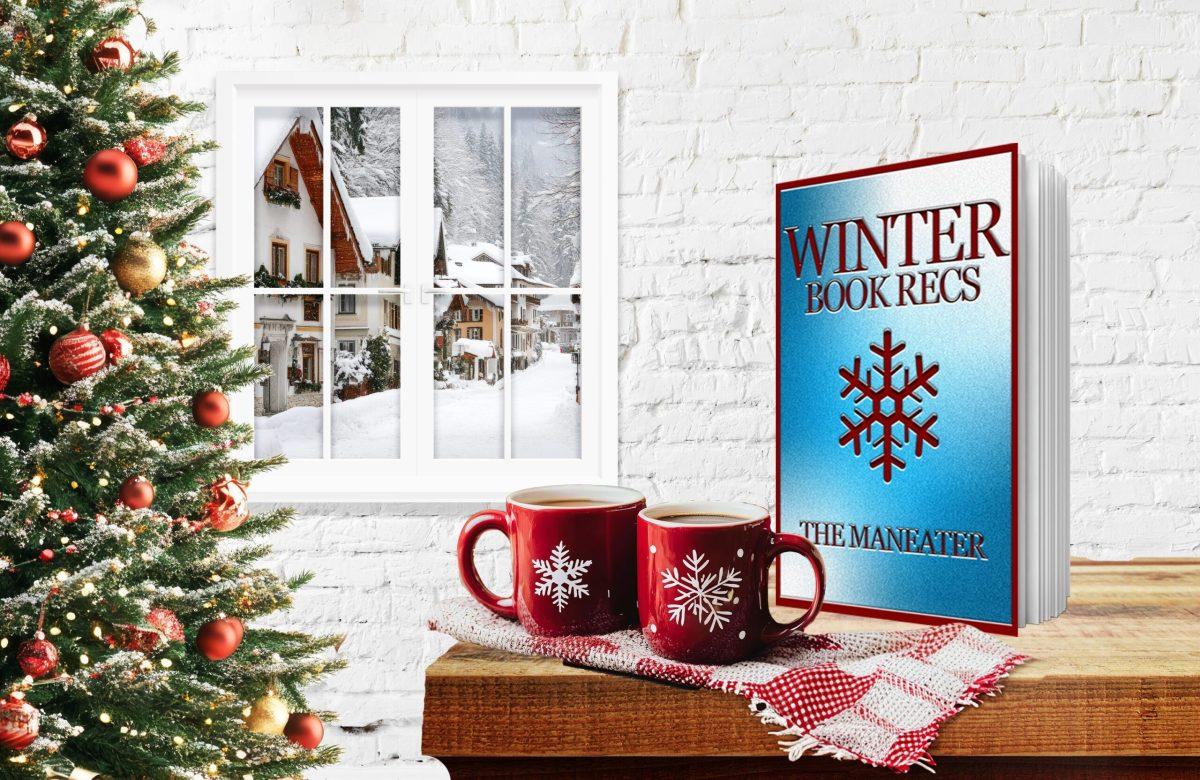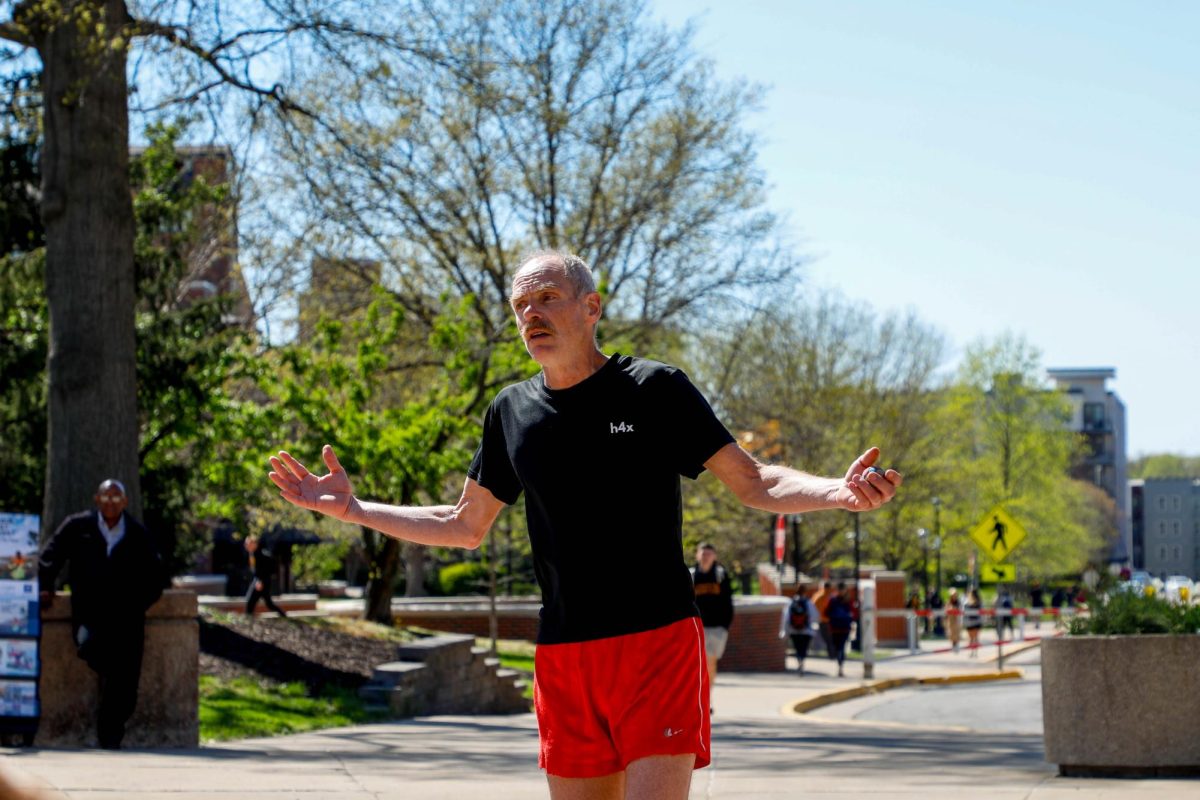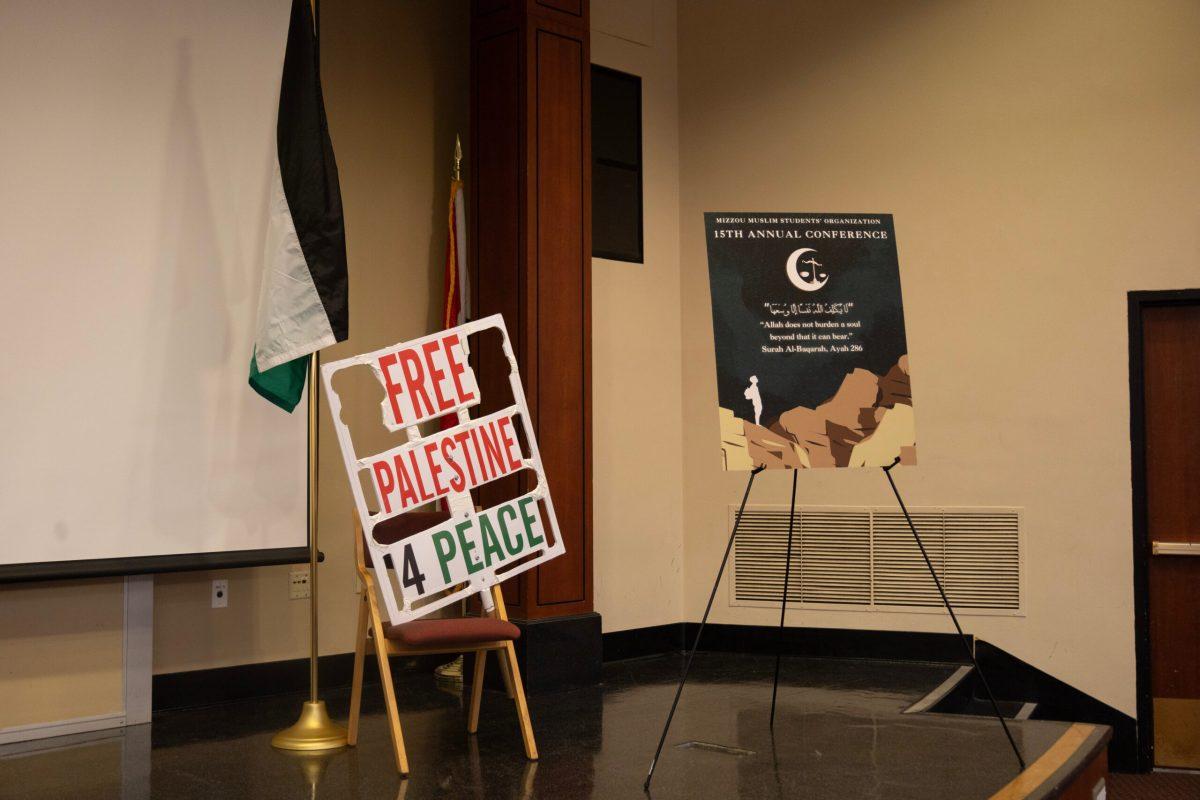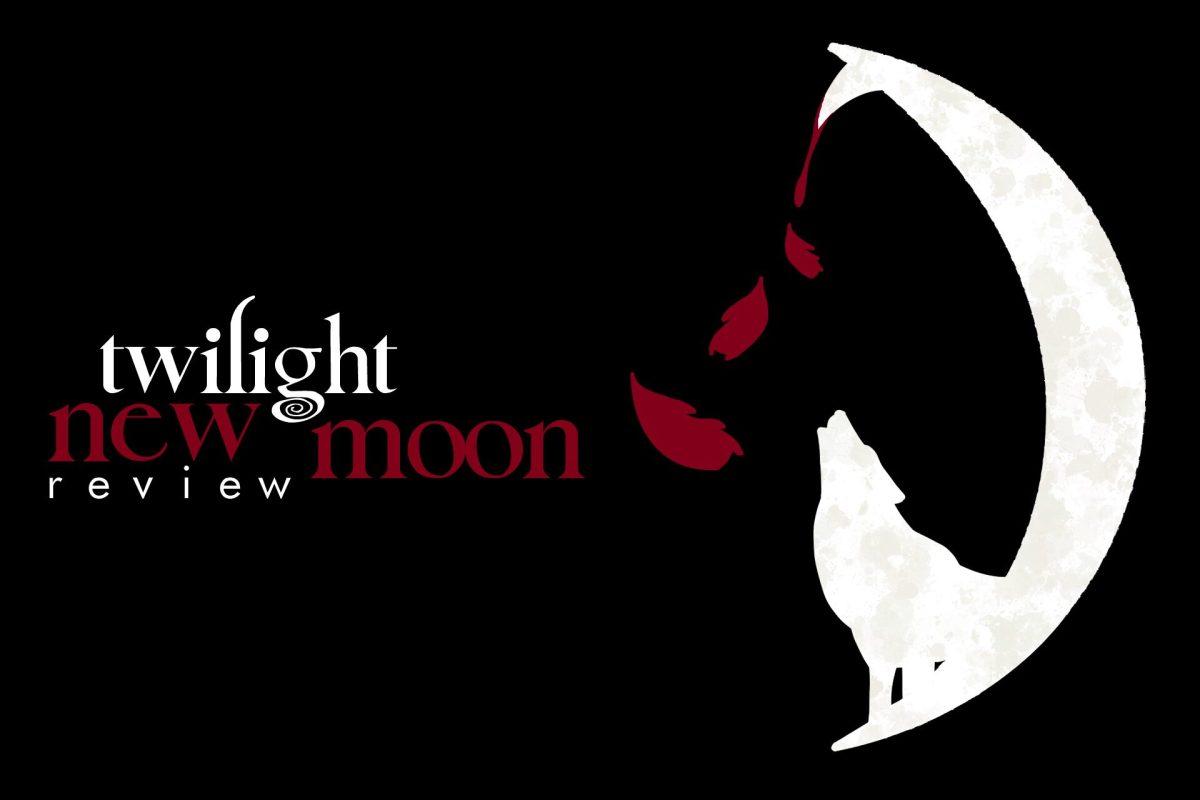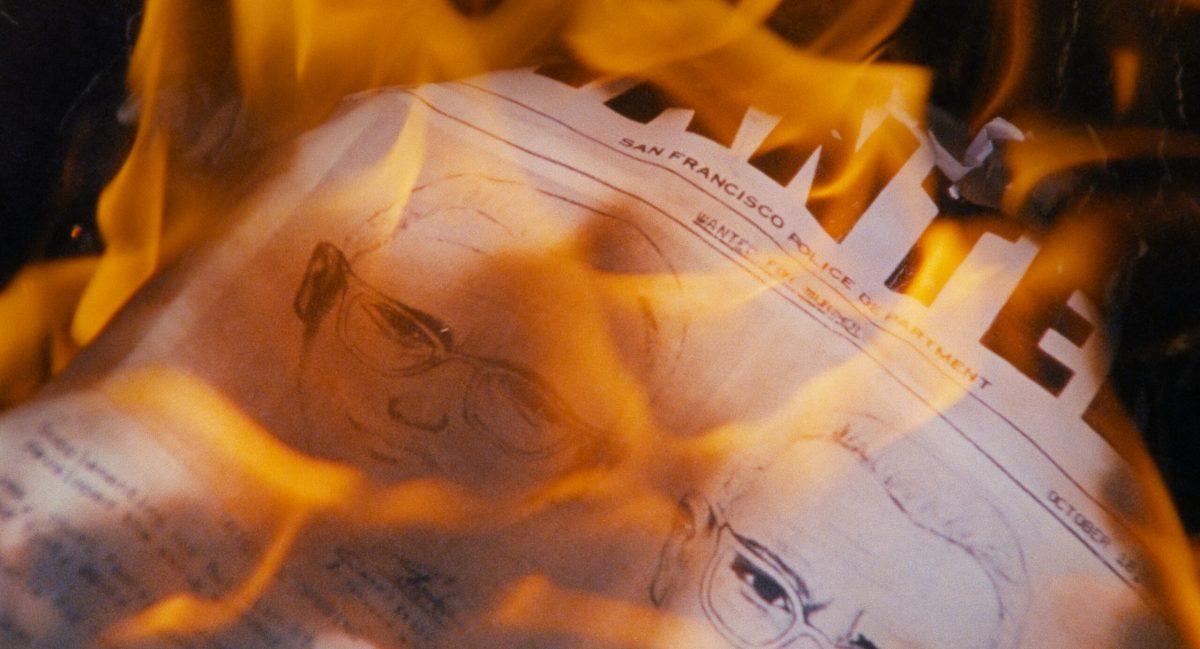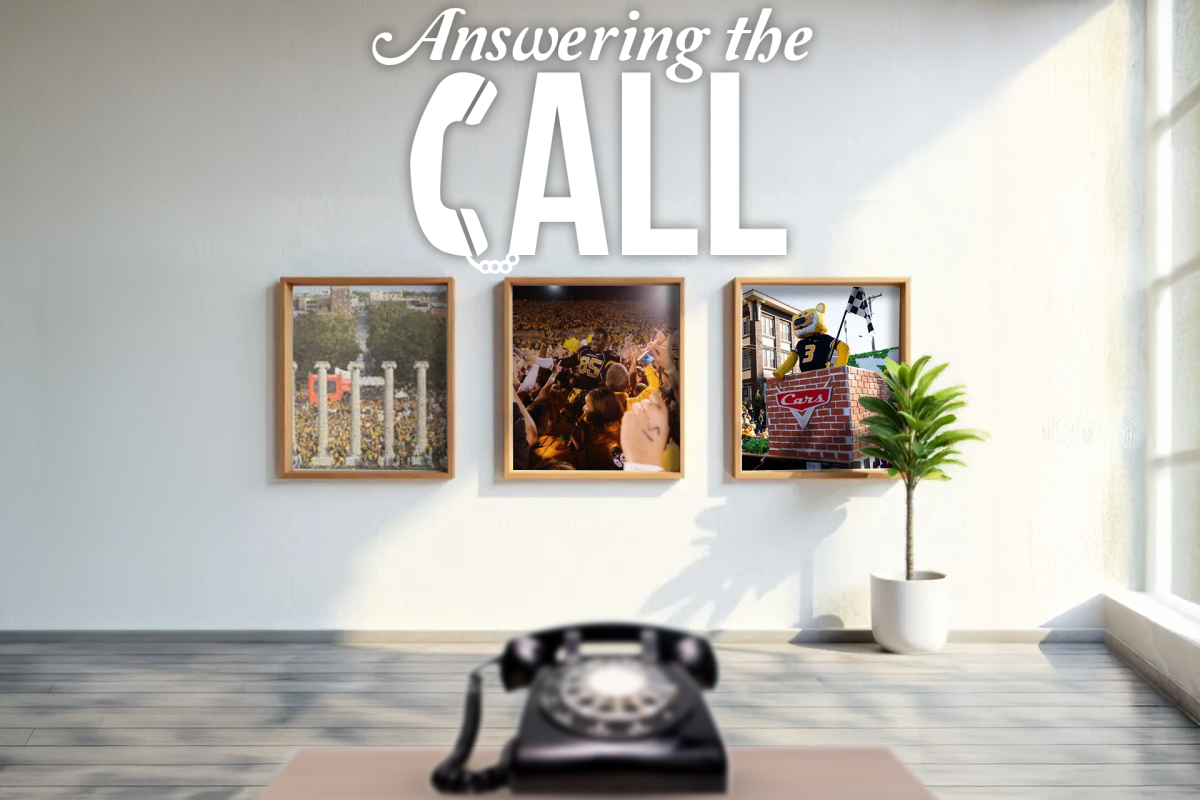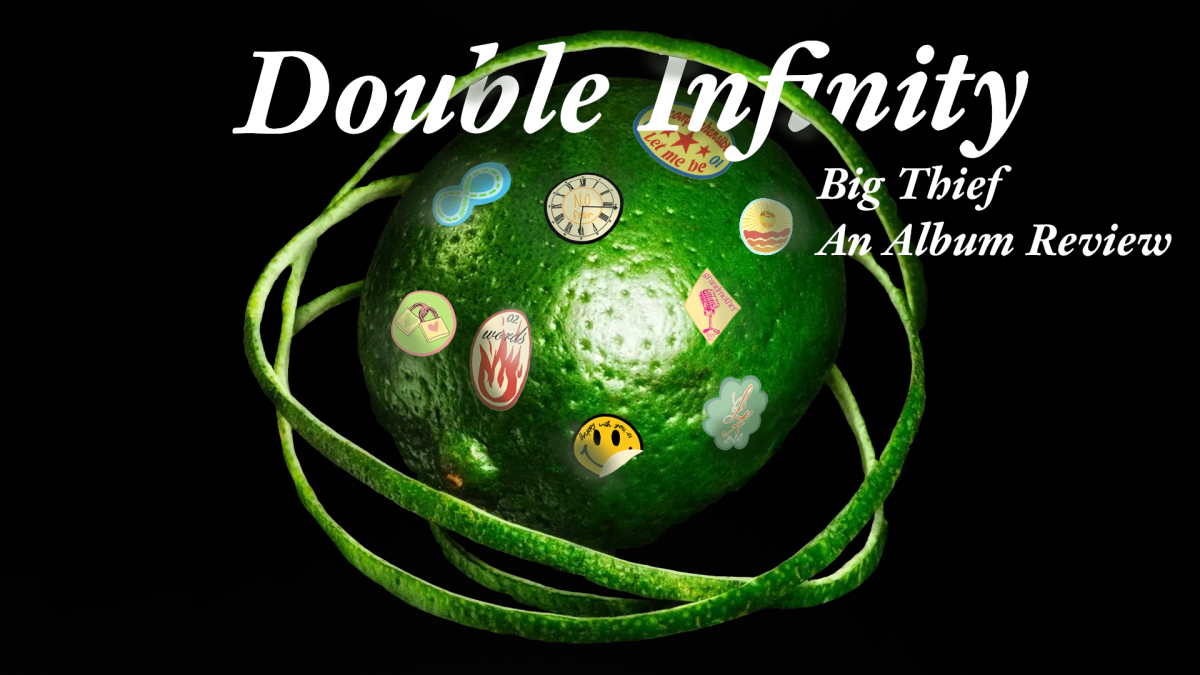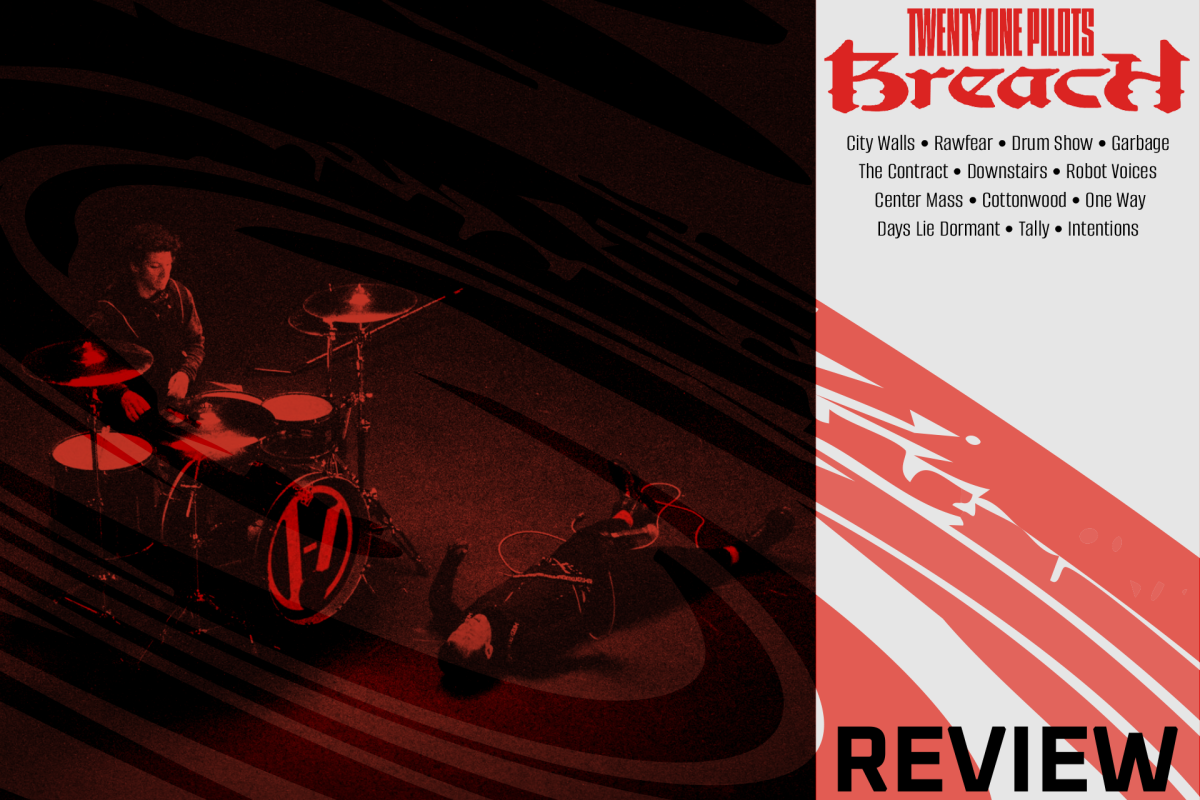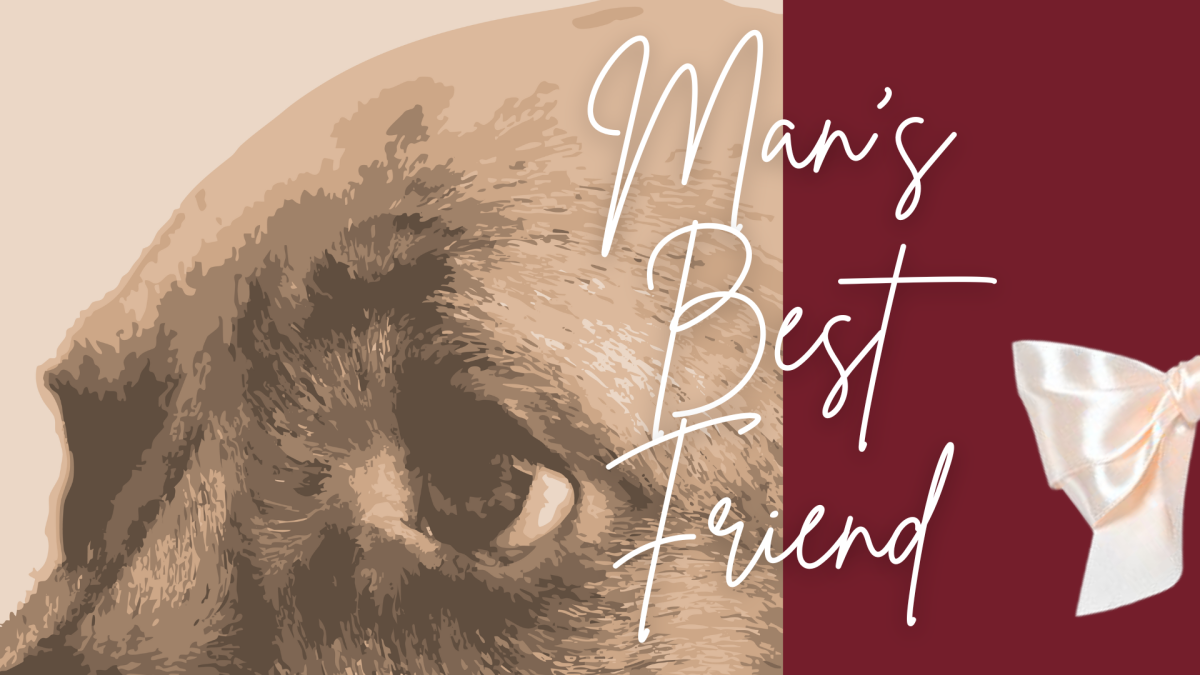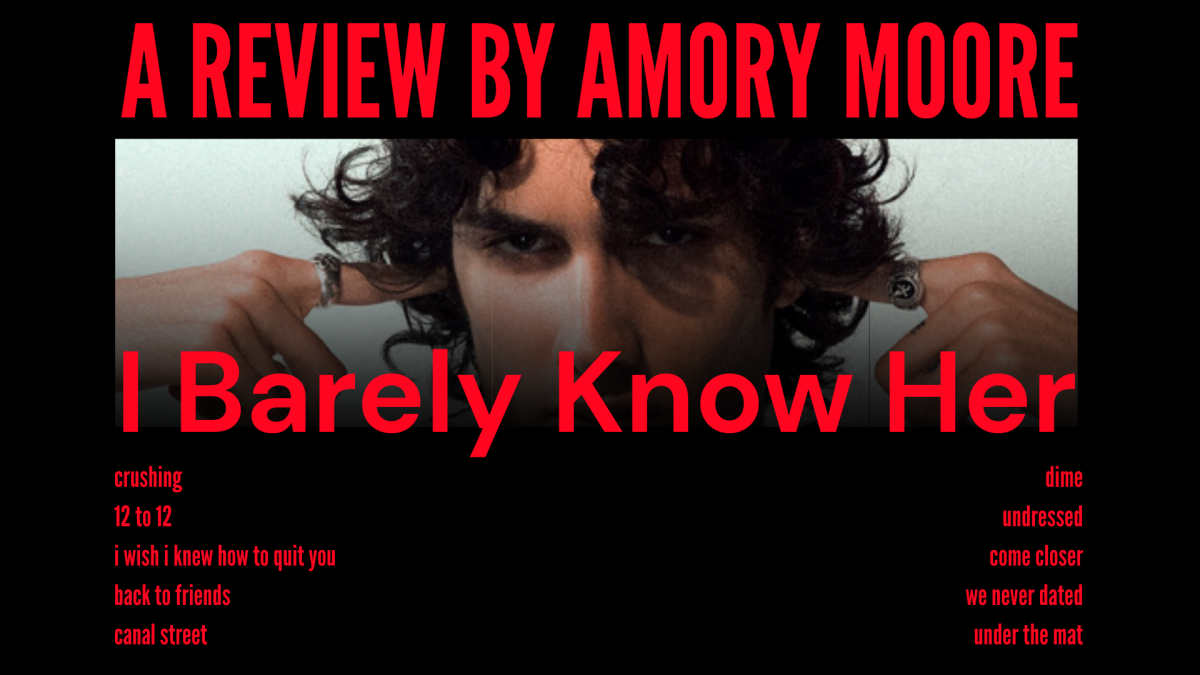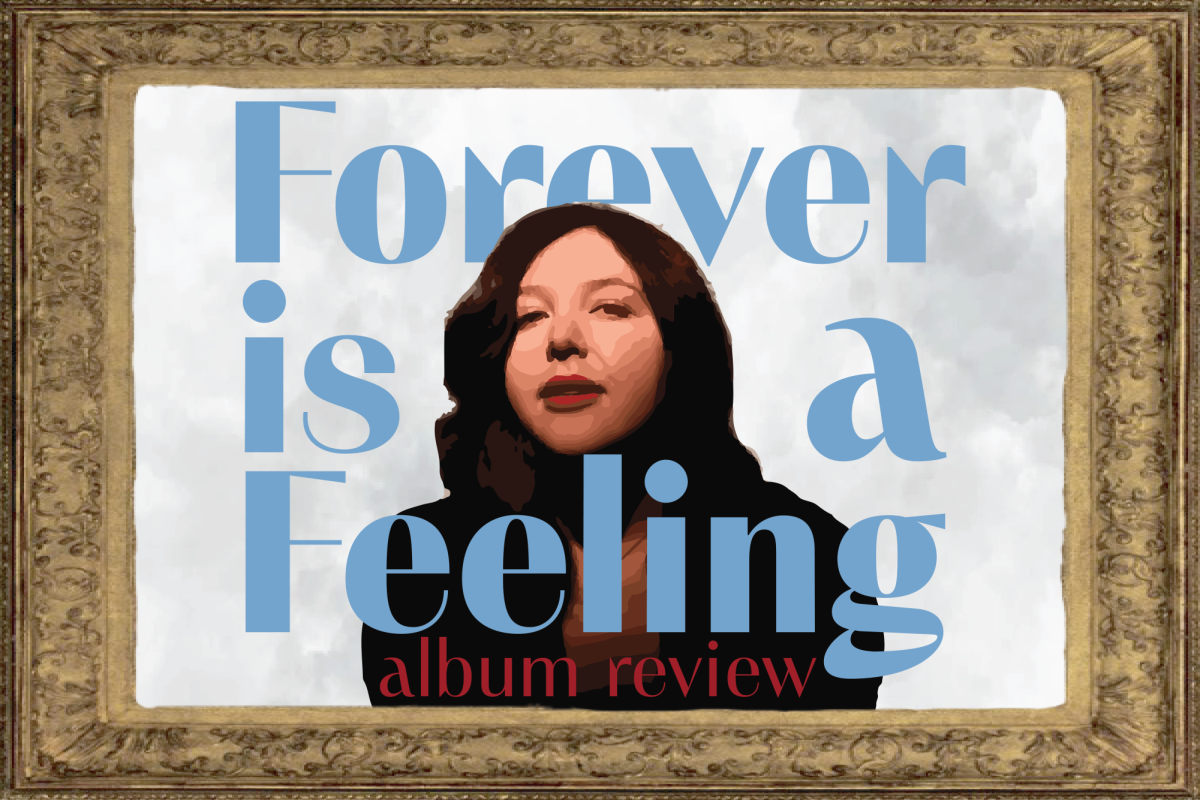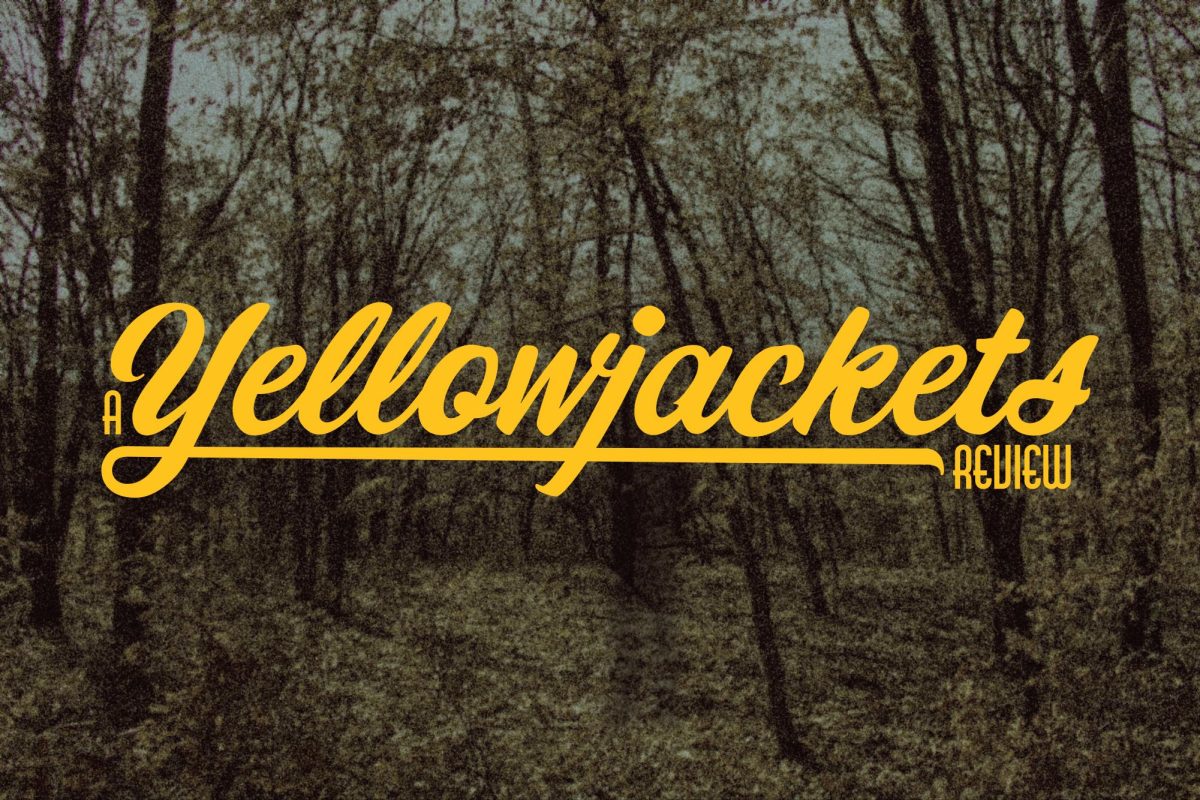Embrace the existential: chilling and philosophical reads to satiate the catharsis of the approaching colder months
I adore the idea of winter. I think of hibernation, a withdrawal, a dive into the pit, a chill down the spine, a piercing wind, a roar, a plunge, a certain wild pleasure. It is the season of metamorphosis.
Within these changing times, we choose the mindsets that will carry us through. I say search for the magic, search for that “it,” that mystery essence that lies within nature–find what it is trying to tell us. Winter will be calling and we must respond. Embrace it and live in it. Curate experiences unique to the season, appreciate what you cannot control and create your own warmth and joy out of the uncertainty and a looming cold.
That is perhaps what the essence of winter is to me: falling more deeply into those comforting human habits as we retreat indoors, further diving into introspection and the existential horrors. This makes winter the perfect time to read, especially with a month off of school. These book recommendations will reflect this “essence” I speak of.
“Água Viva” by Clarice Lispector
“Água Viva” roughly translates to “water of life” in Portuguese, which reflects this novel’s stream-of-consciousness style and the fluidity of its prose. Miss Clarice Lispector herself, popularly coined as the “Brazilian Kafka,” is simply a magical woman. Her power lies in her mysticism and in her ability to meditate on the nature of life and time with such emotion, glamor, taste and beauty.
“Água Viva” itself has no plot — it reaches out towards a truth that can never be fully grasped, slowly unraveling its own mysteries as it goes on and enveloping us in its philosophical and hypnotic style. It feels like this intimate journey we take alongside Lispector. I specifically enjoy how she contrasts the body and the spirit, painting the human experience as supernatural and fleeting. Yet she returns to the organic realities of the body, her descriptions almost veering towards prophetic at times. Ultimately, she is a gem, and I’d recommend any of her works. But, I think there is something special about this book, because anyone can get something out of it.
“Nausea” by Jean-Paul Sartre
Fans of Albert Camus, look no further, yet understand that one does not mess around with Jean-Paul Sartre. “Nausea” takes quite an angsty and nihilistic approach to the contemplation of life, but what else would you expect from a French modernist writer? This story follows the detailed journal entries of a French writer who is horrified by his existence and nauseated by the emptiness of reality and his own purposelessness. Thus leading to his eventual spiral into a profound, alienating dread. This is an incredibly bleak and tormenting novel, which I think is best braved during an inhospitable winter. It addresses this paradox within existential writing: If existence is meaningless, then any philosophy must be useless. Why bother untangling the mess?
This bleakness transforms into something else: a realization that the pointlessness in our actions may set us free, that there is infinity in the nothing. His physical descriptions of the world are gorgeous, a painful pair to the intense and terrifying confusion he feels in his own existence.
Ultimately, this is not a cozy, heartwarming read —“Nausea” is deeply discomforting and frightening. Yet, I see merit in reading a darker, more cynical perspective, if you feel equipped for that journey. There’s a catharsis in confronting our discomfort, in treading that line of a corruption we recognize within ourselves. To explore the art and beauty that can only come within this terrible darkness and loneliness, allowing us to put words to the pain of living we can sometimes feel. The key is to engage with these feelings fully so that, ultimately, we can let them go — and I believe this book offers just that opportunity.
“Slaughterhouse-Five” by Kurt Vonnegut
So it goes. This novel feels like a foil recommendation to “Nausea,” as it explores this sort of pointlessness of life in a much more hopeful and hilarious way. “Slaughterhouse-Five” is slated as a WWII novel, yet it is a superb surrealist entry for Kurt Vonnegut, some even calling it his finest work.
This is the story of Billy Pilgrim — a soldier “unstuck in time” and experiencing moments of his life in disjointed flashes. We get a beautiful anti-war narrative that shifts between the bombing of Dresden and the alien landscapes of the fictional planet Tralfamadore. The power is within Pilgrim’s readily acceptance of everything he experiences — he embraces what he cannot control and moves on, even in the face of utter horror and despair. Human life is incredibly fragile and fleeting. Ultimately, we can only control our reactions and choices. Vonnegut embraces the mantra “so it goes” and encourages us to live simply and courageously despite the absurdity, the horrors and the inability to understand our own lives and existences. Perhaps the cosmic answers to life are the simplest ones. Perhaps there’s no point in asking these kinds of questions at all.
“Never Let Me Go” by Kazuo Ishiguro
This is a book I recommended to my family of avid readers, which I can confirm they all loved. I originally read it at the dreamy age of 17; I felt utterly moved and changed after as I remember finishing it and just sitting there in silence for a good 20 minutes, my eyes puffy and numb from crying.
“Never Let Me Go” is the epitome of a hopeful-yet-destroyed-me pick, tangling elements of science fiction and dystopia into a beautifully crafted and insanely tender oeuvre about the inescapable nature of fate. It examines what it means to be human when one loses their autonomy, and searches for meaning in a world that can feel both deeply loving and heartbreakingly indifferent. What makes it so gut wrenching is the contrast between the soft and quietly beautiful moments and the stark inevitability of loss and despair that lingers. It is utter poetry and yet so sick and horrifying.
Years later, it has stuck with me still, and I think this winter break may be the perfect time for a re-read, as these kinds of books ripen with age. This timeless and deeply human read will encourage you to move with intention, to reach out and engage with a fleeting world.
The reality is usually this: a bleak drive to school, a cold morning of dead trees and concrete, perhaps even some lackluster patches of snow. The stillness. But winter can be as indulgent and rich as it is deprived. Whether it be the sleepytime tea bear incarnate, reading a book by the fire, wearing the most fabulous coat, letting your hands feel the frost and being romantic about it. These books, in turn, may give you the warmth or clarity you are searching for.
Edited by Ava McCluer | [email protected]
Copyedited by Ethan Palgon and Hannah Taylor | [email protected]
Edited by Emily Skidmore | [email protected]


